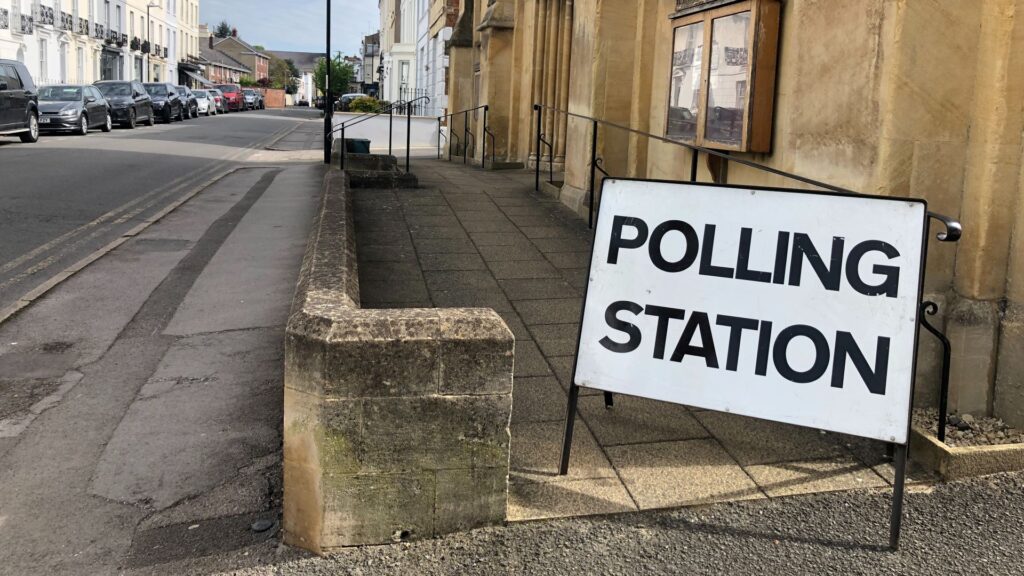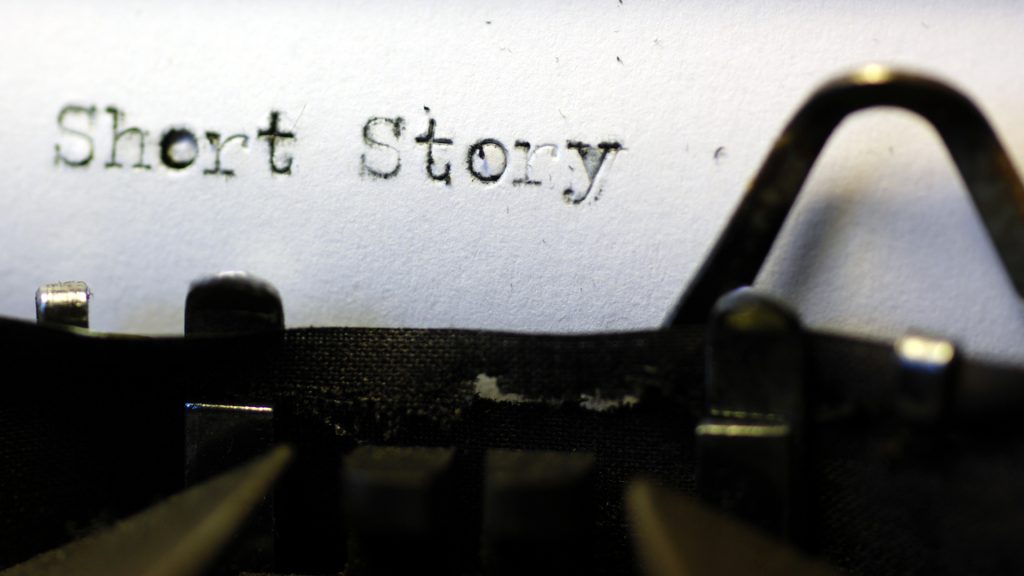It seems an age ago, but it is in fact less than ten days since Rishi Sunak got a drenching while announcing the General Election date.
The first week or so is always a bit of a phoney war. Parties may start using their communication grids and the media springs into action. But there are no formally nominated candidates yet, and as ever there is a rush to find names for those last-minute vacancies.
There is always a trickle of last-minute vacancies. This time, however, it feels more like a flood. We’ve seen departure announcements by leading figures such as Michael Gove as well as by some long-serving Labour representatives.
Candidates have to get their nomination papers in by 4pm on 7 June. We can expect full lists shortly afterwards. Between now and then, individuals can drop out, join in, keep us waiting to hear.
Of course, major parties need organisation and discipline. So, it is not that haphazard. You need an official signature to stand for a registered party. And that means he who controls the signature, controls the final choice.
In the case of the Labour Party, the all-important National Executive Committee rubber stamps (or refuses to) the constituency candidates early next week (beginning 3 June).
I am stressing this aspect because, despite the leaders’ debates and the increasing focus on national figures, when we go to the polls we elect an MP for our constituency. Rishi Sunak’s name will only be on ballot papers in one part of North Yorkshire, Keir Starmer in one part of London, Ed Davey ditto.

It is easy, in all the national coverage, to ignore the importance of the constituency candidate. But party leaders understand this and are keen to get as many gaffe- free, scandal- free and high performing people selected as possible. Candidate selection can also be about ideological control. Will the candidates be loyal to the leader? Do they come from one wing of the party or another? This process, and particularly the last-minute aspects, can tell us a lot about the nature of a party and who is (currently) in charge.
But candidate selection aside, what else is on the horizon?
I’ve already mentioned the leader’s debates.
These are still relatively new in UK politics, starting in 2010. There is no rule that says they have to happen. And there is no rule which says that leaders have to take part. But increasingly one or many parties sees an advantage in being at the podium, or in calling for debates. We’ve seen this already in Sunak’s call for weekly debates. At the time of writing we know that at least one is planned.
Parties will also be publishing manifestos.
Manifestos are odd. Everyone expects them but nobody reads them! They should be sales documents but often they cause more problems than they are worth.

Research shows that the vast majority of the public at election time are unaware of what is in the manifestos. But parties know that the media and the opposition will read them with a laser-like focus. The Conservative Manifesto in 2017 is blamed for a many of Theresa May’s difficulties. The Labour Manifesto in 1983 was described as the “longest suicide note in history”.
While few read manifestos, their launch is an opportunity to gain national profile and to communicate key messages. We will see several launches between now and polling day, which again will tell us a lot about the nature of the parties involved. As I write there are staff beavering away putting in final sections, getting agreement, thinking about launch venues and messages.
4 July is still a long way off. Opinion polls have been consistently dire for the Conservatives for some time now. Keen election watchers will be curious to see what initiatives Sunak and team try to close the gap and how Starmer and the others react.
Paula Keaveney is a former BBC Journalist and Public Relations and Communications expert with a degree in Philosophy and Politics and postgraduate qualifications in journalism, Public Relations and teaching in Higher Education. She is Convenor of the Political Marketing Group within the Political Studies Association. Paula is an election observer for the Organisation of Security and Cooperation in Europe and to date has observed and reported on elections in North Macedonia, Ukraine, Uzbekistan, Moldova and Serbia.
Find out more about studying Politics at Edge Hill: edgehill.ac.uk/departments/academic/law/politics
May 30, 2024



